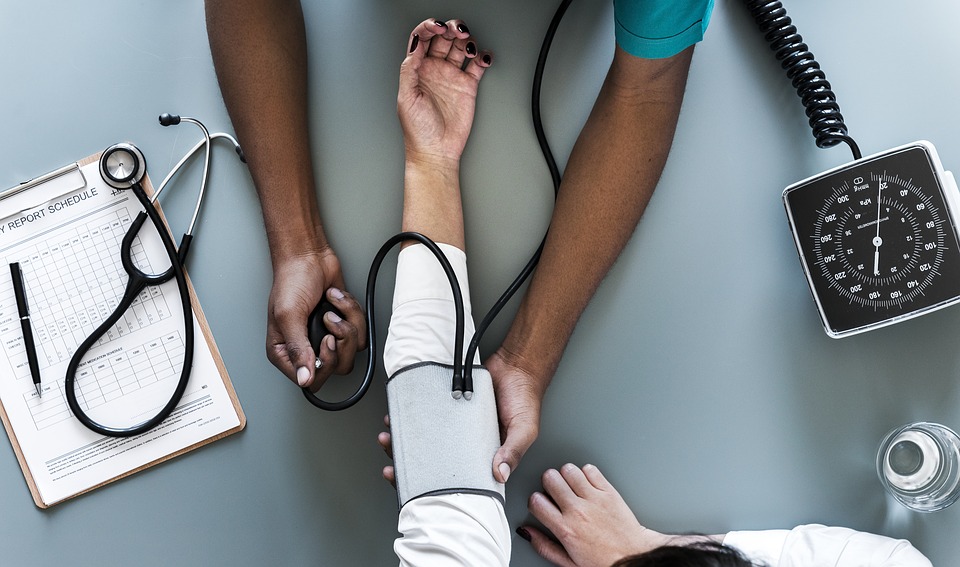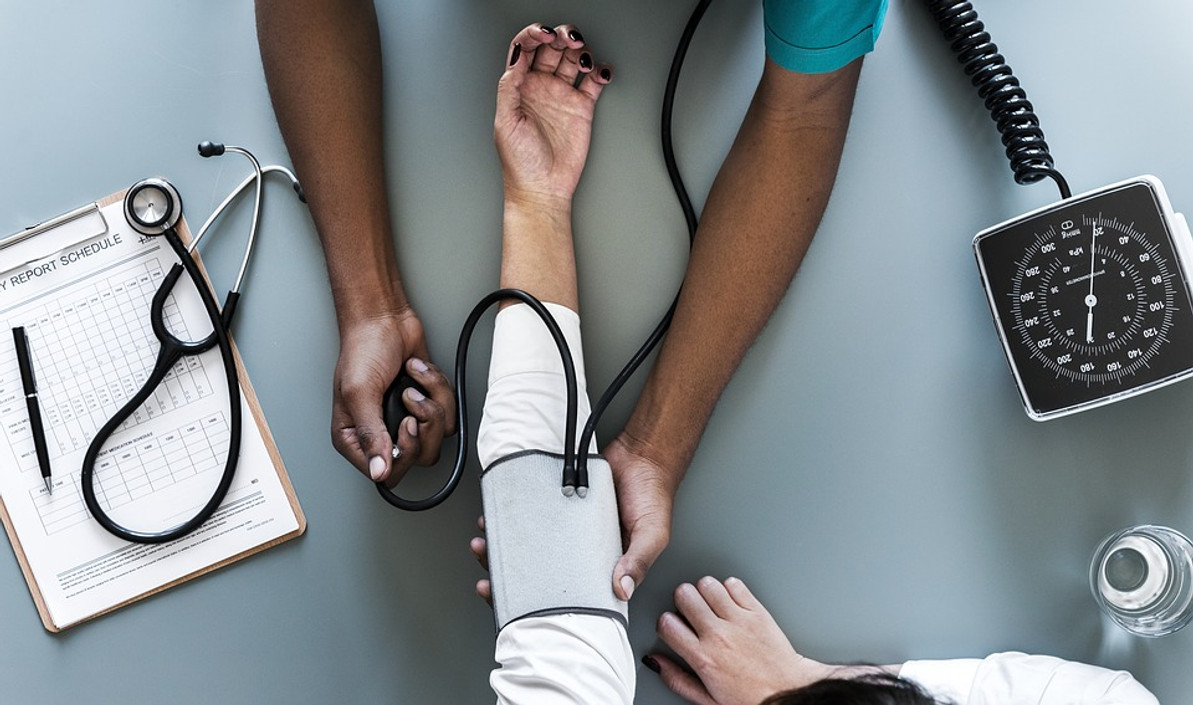How to Keep Your Blood Pressure Levels in Check

Statistics show that nearly one-third of the U.S. adult population suffers from high blood pressure. Also known as hypertension, it's a serious medical condition that increases the risk of stroke, heart disease and other ailments. Whether you suffer from hypertension or pre-hypertension, though, there are steps you can take to keep your blood pressure in check and live a healthier life.
Maintain a Healthy Weight
Obesity is one of the most influential risk factors of high blood pressure. People who are obese or overweight are more likely to develop high blood pressure than their counterparts. If you currently fall under this category, shedding just 10 pounds can make a noticeable difference in your blood pressure.
Eat Fewer Simple Carbs
There's nothing wrong with complex carbs, but you should cut back on simple carbs in your diet. Simple carbs are starches and processed sugar that are quickly absorbed into the bloodstream. In 2010, researchers conducted a study in which they discovered that people who consumed the least amount of simple carbs in their diet had lower blood pressure levels than their counterparts.
Don't Smoke
I know this probably sounds like common sense, but it's worth mentioning that you shouldn't smoke cigarettes. Not only does smoking increase the risk of cancer; it also raises your blood pressure. Over time, smoking will damage your arteries while contributing to high blood pressure. So, if you're currently a smoker, kick the habit to regain control of your health.
Exercise Regularly
Another simple way to keep your blood pressure in check is to exercise regularly. Unfortunately, most people don't get enough exercise. According to the Centers for Disease Control and Prevention (CDC), only about 23% of the U.S. adult population meets the exercise guidelines, thereby placing them at an increased risk of high blood pressure. To keep your blood pressure in check, exercise for at least 75 to 150 minutes each week.
Cut Back on Sodium
Finally, avoid consuming too much sodium in your diet. Numerous studies have linked excess sodium consumption to high blood pressure. Current dietary guidelines recommend consuming no more than 1,500 to 2,300 milligrams of sodium daily. Keep in mind that sodium is found in a variety of foods. While some people assume that it's only found in table salt, this isn't necessarily true. You'll find sodium in ketchup, salad dressings, soups, packaged foods and countless other products.
Recent Posts
-
Fire Safety in the Workplace: What You Need to Know
What steps are you taking to prevent fires in your workplace? According to the U.S. Occupational Saf …Aug 23rd 2023 -
Is It Safe to Go Jogging With a Cold Infection?
If you're suffering from a cold infection, you might be wondering whether it's safe to go jogging. T …Aug 22nd 2023 -
5 Safety Tips to Follow When Using a Powder-Actuated Tool
Powder-actuated tools are commonly used to join materials to steel and concrete. Also known as Hilti …Aug 20th 2023




